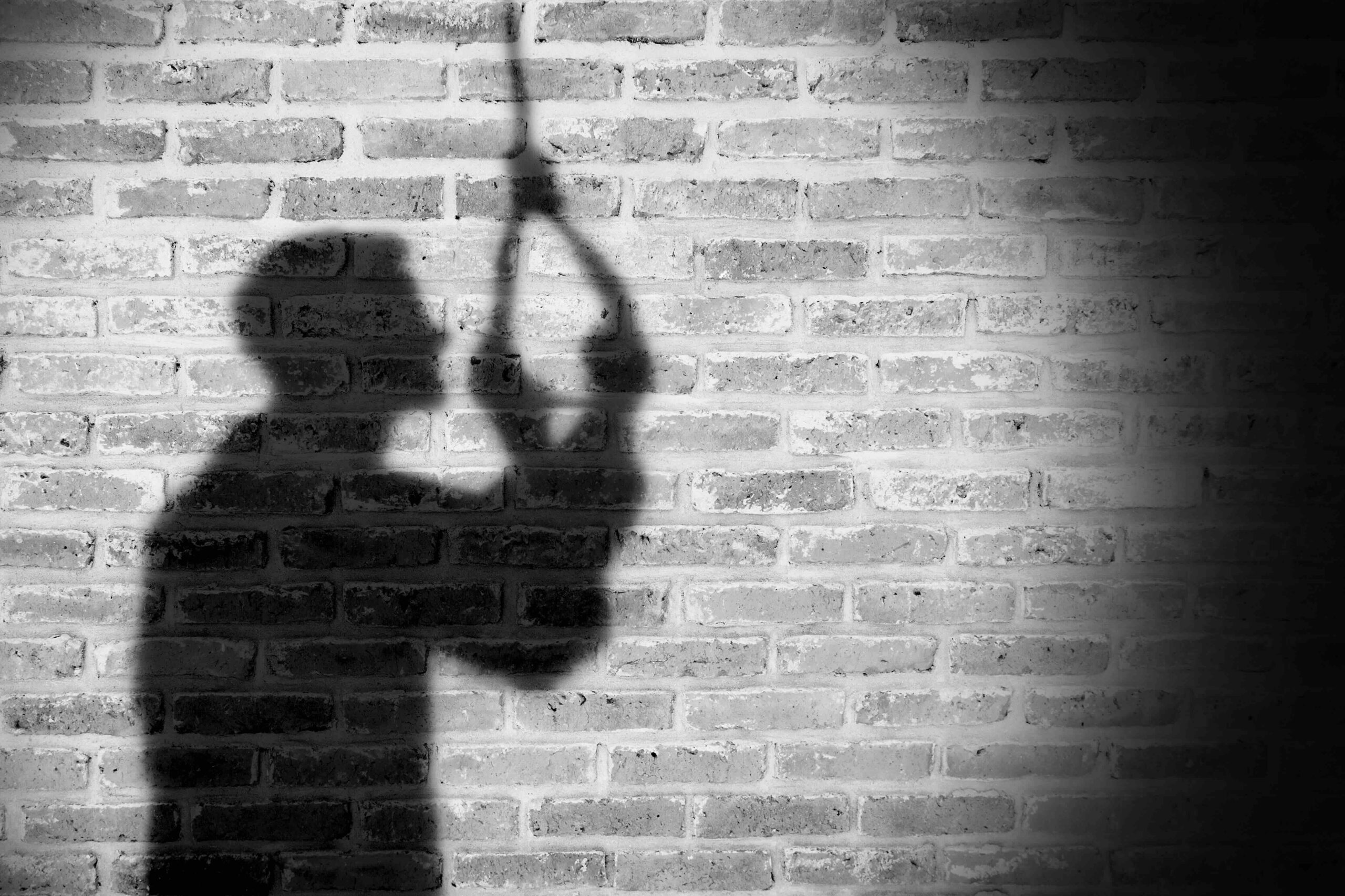It was reported recently in The Age that one in five sufferers of manic depression (also known as bipolar disorder) commit suicide. Sufferers of manic depression at doctors, politicians, plumbers, sales people, artists, writers, musicians, lawyers etc. Many are wives and mothers. Some are gifted, many of us are not. After all, manic depression is an episodic illness. Most of us, most of the time, are able to enjoy normal lives.
This report made me reflect on the possible causes of the high mortality rate for people with manic depression. Although it is often assumed that people kill themselves because of the illness itself, I wondered whether there may be contributing factors that are often overlooked. For example, does the sadness associated with the response to their illness by friends, family and colleagues contribute to their deaths? Or perhaps the indignities suffered within the mental health system may contribute to feelings of worthlessness that may lead to suicide.
Manic depression is often described as a “nightmare” but this has not been my experience of the illness. The illness, particularly the manic component which provides the energy (and the desire!) to clean the house (among other things) at 3 am can be quite amazing. What can be a nightmare however is other people‘s response to the illness. It is common for friends to send ‘Get Well Soon’ cards to sufferers of a physical illnesses. Such compassion is less evident during episodes of mental illness. In fact, episodes of mental illness are often shrouded in silence and secrecy.
My short episodes of manic depression pushed my friendships with family, friends and colleagues to the edge. In one sense, this has been a good thing. It gave me the opportunity to have a pruning session to clear out all the dead wood! Yet, losing friends due to my behaviour when I was sick has also caused me sadness, much more sadness than the illness itself.
To be with a person when she is experiencing an episode of mania tests any friendship. It can be exhausting, even terrifying. To acknowledge the impact that this illness has on my friends, I say: ”I do not suffer from manic depression. My friends suffer from my manic depression”. During an episode of depression, for example, I simply sat silently and stared. I have no memory of this, but my friends do. During an episode of mania, on the other hand, I neither sat still nor shut up. My mind and mouth were in creative overdrive. I said whatever ideas were on my mind without any consideration for the consequences.
Like other sufferers of chronic illness, the challenge for me has been to manage this illness responsibly. With insight and education, I have learnt to manage my symptoms as a diabetic must learn to manage her sugar levels. With the help of close friends, including my mother, I developed a stay well plan. This includes a daily dice of lithium. Equally important are my work, recreation and social relationships. Without kindness, support and trust, I too could well have become just another statistic.
After staying well for many years, I experienced a short manic episode in 1995. The details are not important, except to say that I was forcibly removed from my home by the police (like a criminal), locked in a very small cell (like a criminal) and sexually harassed by a psychotic male patient in the unsupervised showers.
This experience in a psychiatric hospital open my eyes to the contemporary mental health system. Yet my letters to psychiatrists, health bureaucrats and politicians, outlining my experiences in hospital, were dismissed. In their eyes, the label of manic depressant removed my credibility and silenced my testimony.
While it took only a few weeks to recover from the relapse of the illness itself, the side-effects of the relapse took years to resolve. My biggest challenge was making a complaint of unlawful discrimination in the Human Rights and Equal Opportunity Commission. Although I received a formal apology, I am sure such discrimination remains commonplace in workplaces around Australia.
During episodes of illness, suffers of manic depression need our friends, family, colleagues and health professionals just stand beside us, not against us. Believe me there is nothing like a bout of manic depression to show you who your real friends are.!
